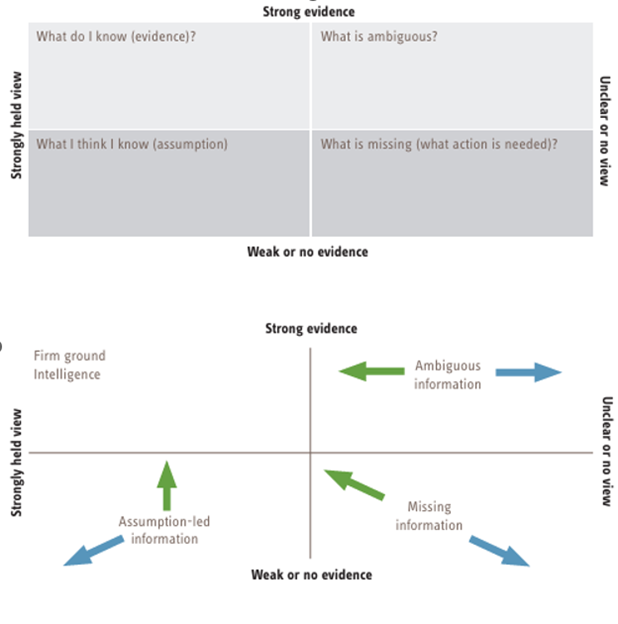Professional Curiosity
Amendment
In November 2025, this chapter was added into the Universal Procedures section.
Professional curiosity is fundamental in social care practice and is often linked to safeguarding. However, it should form part of everyday practice to enable better understanding of people’s lives and their situations. Professional curiosity is the capacity and communication skill to explore and understand what is happening within a family or individuals' life rather than making assumptions or accepting things at face value.
Professional curiosity can require practitioners to think ‘outside the box’, beyond their usual professional role, and consider individuals and families’ circumstances holistically.
Curious professionals engage with individuals and families through visits, conversations, observations and asking relevant questions to gather historical and current information.
There are multiple barriers to professional curiosity that can make it difficult to apply in practice. These barriers can come from organisational, systemic or personal factors preventing practitioners from fully understanding a situation. Below are some key barriers to be aware of:
- Time restraints;
- Adopting a ‘deal with and manage’, rather than an ‘explore and understand’ approach;
- Avoidance of difficult conversations due to fear of causing upset or conflict;
- Fear of asking sensitive questions due to concerns about being perceived as intrusive, overbearing or being racist or homophobic;
- Normalisation: becoming accustomed to certain ideas, actions, or situations, causing them to be taken for granted and no longer questioned;
- Confirmation bias: looking for evidence and information which supports or confirms your pre-held views, filtering out useful facts and opinions;
- Unconscious bias: unknowingly making decisions or judgements based on assumptions, personal beliefs, background, experiences, culture; and
- Virtual settings: information gathered from observations is reduced by contact being made over the phone or online.
The Think Family agenda focuses on the importance of understanding a whole situation, who is involved and what this looks like, not just one individual. This enables building on the families' strengths, as well as identifying areas of need that may be affecting the family.
The following are some key points to consider:
- Is there an understanding of who is in the family and the family dynamics, including barriers and strengths;
- Who else is involved with the family, for example friends, extended family, important social contacts such as places of worship, clubs, etc;
- Are there other agencies involved, such as Alzheimer's Society, memory clinic or Occupational Therapy who can provide valuable information;
- Is there recognition of the ability to cope, consider you can see as well as what you are told;
- Is there an open and honest relationship with the family, where concerns are explained and addressed and sensitive questions can be asked;
- Is there a clear understanding of what the person/family want and have these been explored with open discussions in terms of what resources are available;
- Be aware of assumptions, your own and others. Be prepared to challenge and be challenged;
- Has there been time for reflection with peers and supervision to explore and challenge possible assumptions;
- Has this information been verified with others.
Wonnacott’s Discrepancy Matrix is a reflective tool to help identify and organise information already gathered to support managing uncertainty by enabling more effective analysis.

(Source: Research in Practice)
Often social care practitioners find allocating time for reflection challenging due to workload responsibilities and deadlines. However, discussions with peers, colleagues from other teams and supervision provide valuable opportunities for reflection. See Reflective Practice.
Professional curiosity is an essential part of social care and requires you to consider how you engage with the people you are working with. You should show an interest and explore situations rather than making assumptions while being aware of your own values and areas in which you lack confidence.
Verify the information you have gathered, discuss with other professionals and question if you feel there are gaps, or if something is not making sense to you. Be prepared to have difficult conversations and ask relevant questions, focusing on the need, voice and ‘lived experience’ of the person or family.
Pay attention to what is not spoken, what you see, how the person is communicating and explore possible causes, allow yourself to think the unthinkable and believe the unbelievable.
Last Updated: October 9, 2025
v4